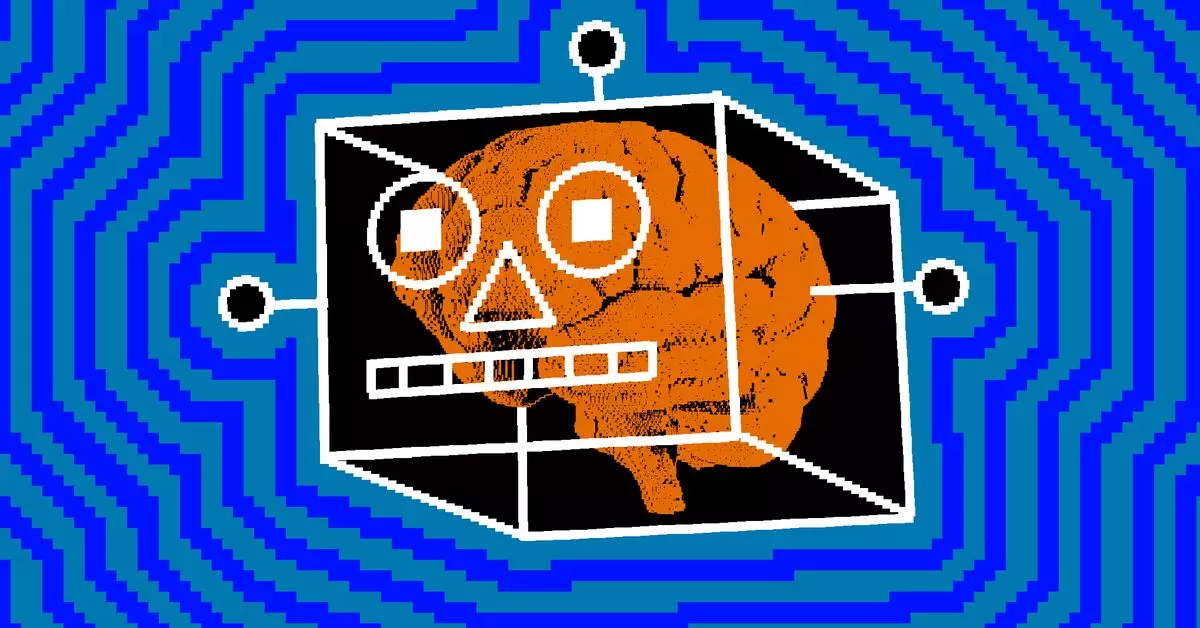In the rapidly evolving world of artificial intelligence, Google is reportedly preparing to unveil a cutting-edge initiative dubbed “Project Jarvis.” According to information sourced from industry insiders, this innovative program aims to revolutionize how users interact with technology, offering an array of automation solutions tailored to day-to-day tasks. Slated for a preview possibly as soon as December, Jarvis promises to harness a future iteration of Google’s Gemini AI model, marking a significant step in the tech giant’s ongoing commitment to enhancing user experiences.
At its core, Project Jarvis seeks to streamline a variety of routine online activities. Proponents envision a tool that can seamlessly execute functions such as researching information, making purchases, or even booking travel arrangements—all without requiring extensive user input. The AI is designed to facilitate these tasks by intelligently interpreting user interactions, including the ability to analyze screenshots and perform actions, thereby reducing the cognitive load placed on users.
Currently, Jarvis operates solely within the Google Chrome web browser, which raises questions about its accessibility for users who prefer other browsing platforms. While this specificity allows for targeted enhancements and optimizations, it may alienate potential users who are not part of the Chrome ecosystem. Reports indicate that the AI takes a few seconds to process tasks, which raises concerns about efficiency and responsiveness—key considerations for a tool intended to automate daily tasks. The tech community is keenly observing how these limitations will be addressed as development progresses.
Project Jarvis emerges amid a competitive landscape where tech giants are rapidly deploying their own AI-driven tools. Companies like Microsoft, with its Copilot Vision, and Apple, which is expected to advance its Intelligence model, are also making strides in AI automation. This race for innovation has led to a proliferation of similar offerings, each vying for a significant share of the market. Additionally, emerging players like Anthropic and OpenAI are developing their own versions of personal assistants capable of navigating complex tasks, intensifying the competition further.
Despite the excitement surrounding Project Jarvis, there are considerable challenges that Google must navigate. As indicated by reports, the planned December preview remains tentative, with the company considering deploying the software to a select group of testers to refine its functionality and address potential bugs. This cautious approach underscores the complexities involved in launching a product that aims to interact dynamically with users’ web experiences.
Ultimately, Project Jarvis could represent a significant leap forward in simplifying digital task management, although it faces hurdles that could impact its successful rollout. As user expectations for seamless, efficient technology continue to rise, the potential impact of Jarvis is immense. Google’s ability to overcome these challenges and deliver a robust solution will likely set a benchmark for future innovations in artificial intelligence, paving the way for a more automated digital environment. As enthusiasts and critics alike await the official announcement, the success of Project Jarvis could very well redefine the role of AI in our everyday lives.


Leave a Reply